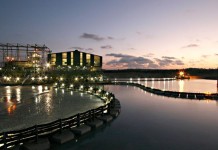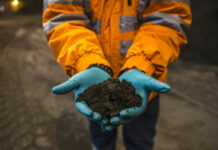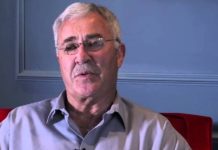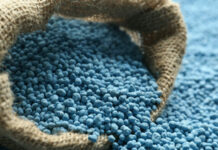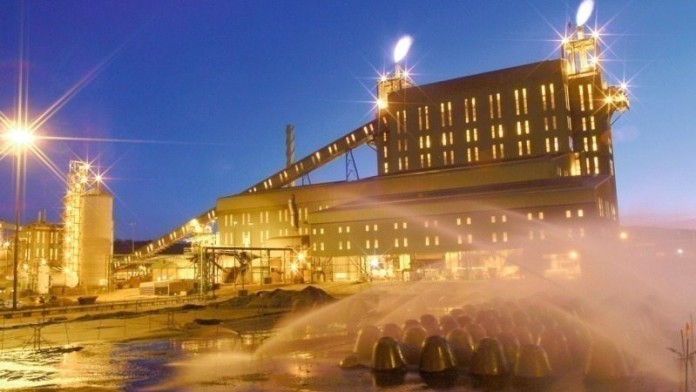
EXXARO Resources more than halved net debt to about R1.3bn during its 2016 financial year thanks to improved coal and iron ore prices. So news that it is intent on selling its 43.66% stake in Tronox, a titanium dioxide company listed in the US, may have shareholders expecting a bumper dividend.
Riaan Koppeschaar, finance director for Exxaro, confirmed recently a payout is part of the plan; the other plan element is informed by the fact that there’s plenty of other uses for the cash, including the raft of capital projects already on the coal producer’s boards, and some that aren’t yet officially announced.
“The coal team is looking at some other opportunities at the mine level, but this is still at early days so we can’t disclose it,” said Koppeschaar. “It’s a combination of new projects in the group and some distribution to shareholders. That is still on the cards.”
Quite how Exxaro intends to sell down its stake in Tronox is yet to be decided. Koppeschaar said a few options have been lined up, but a final route wouldn’t be decided until the second half of the group’s financial year which began this month.
He’s certain, however, divesting of the investment is the right thing to do. Shares in Tronox have increased to over $15/share from $4/share a year ago giving the company a market capitalisation of $1.8bn or R24.4bn of which 43.66% is a handsome R10.7bn to Exxaro.
Koppeschaar also said Exxaro didn’t favour the volatile nature of the titanium dioxide business – which is produced for end use in paint pigments – although the next 12 to 18 months was promising for the industry. Another reason why it’s a good time to sell.
Then there’s the fact that in making a $1.67bn cash and shares bid for Cristal (The National Titanium Dioxide Company), Tronox was prepared to shoulder the kind of debt that Exxaro didn’t fancy, remembering that Exxaro first contemplated an opposite strategy of buying 100% of Tronox.
“We were never able to gain control of Tronox,” said Koppeschaar. “There was first the financial crisis in 2009 and then Tronox did a major transaction in the alkali business and it now has debt of between $2.5bn to $3bn and we don’t want to acquire a business with that kind of debt,” he said.
Set against income from the capital gains of selling Tronox, Exxaro has the cost of Exxaro’s recently announced black economic empowerment (BEE) transaction after buying back shares the initial BEE partner wanted to redeem.
There are also capital projects in the works including a R4.8bn expansion of Grootegeluk, its Limpopo province coal mine, and two greenfield coal projects, the R3bn Belfast project and Thabametsi, also estimated to cost R3bn to build, which together add at least 3.5 million tonnes to Exxaro’s coal production.
From a cash in perspective, Exxaro is selling its 50% stake in Moranbah South, a project it owns in joint venture with Anglo American in Australia, as well as other non-core base metal assets, and local coal mines in Arnot and North Block Complex that don’t meet Exxaro’s investment threshold of 25% profit margin and a 20% return on capital employed.
There are potential mine sales that could not be disclosed because employees had not been consulted, but one may be Matla, the Eskom-dedicated colliery, as already reported in Miningmx.
Again, capital expenses are at the top of Exxaro’s mind.
Eskom is pledged to fund a R1.8bn expansion of Matla or buy-in the coal shortfall as Matla’s reserves and mine flexibility start to decrease. As yet, the funds are yet to be placed and if Eskom continues to dither, Exxaro may have no other choice but to sell the coal sales agreement, and the mine, to another party.






